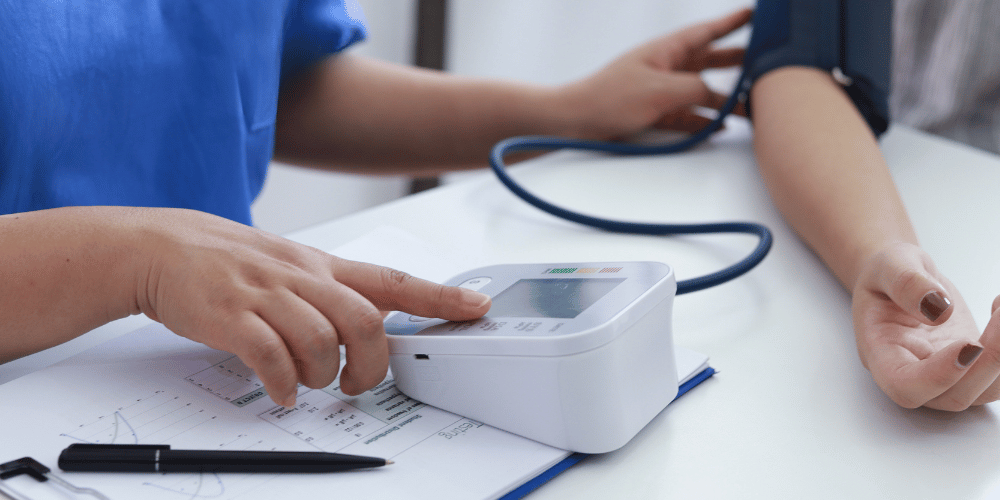
High blood pressure is not just an ‘older person problem’, it’s an issue that can affect everyone, no matter the age. Blood pressure is something most people have heard of, yet few truly understand what those numbers mean. Many people check their blood pressure simply because they are told to, but how many really know what they are reading? Is it high, low, or normal? And what does “normal” actually mean for them? For those outside healthcare, these figures can feel confusing.
High blood pressure is often called the ‘silent killer’, and for good reason. It does not always cause obvious symptoms, yet it is one of the leading causes of serious illness. According to Blood Pressure UK, every day in the UK around 350 people have a stroke or heart attack that could have been prevented if their high blood pressure had been managed.
That is where the “Know Your Numbers!” campaign comes in. It is a national reminder for those working in health care, and for the patients, that knowing your blood pressure is not just about recording a figure. It is about understanding what it means and using that knowledge to take action. Checking blood pressures and encouraging patients to do the same is one of the simplest and effective ways to reduce the risk of life-changing events and protecting long-term health.
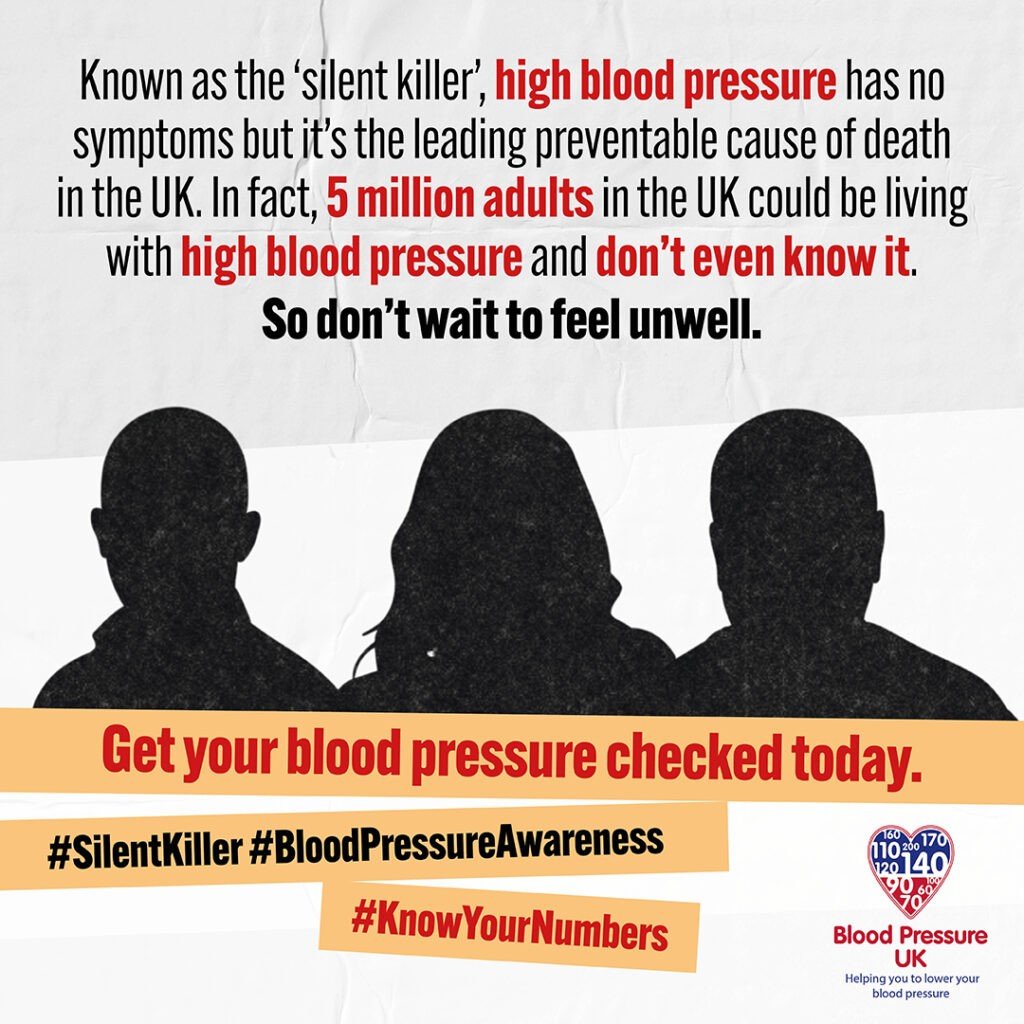
Hypertension is one of the most common long-term conditions seen in practices across the UK, yet it often slips under the radar until complications arise. It is hard to ignore the evidence and statistics that support this, with around one in three adults in the UK living with high blood pressure, and millions remaining undiagnosed. This shows how important it is to recognise, understand and treat high blood pressure early. It also highlights that this is not a ‘rare’ or unseen problem but something encountered daily in GP clinics, community pharmacies, and routine health checks and follow ups.
If high blood pressure remains unchecked or untreated it can increase a person’s risk of strokes, heart attacks and kidney disease. Problems can build for years before surfacing and showing any signs or symptoms. Not only is this a huge issue for patients and their long-term health, but it also places a heavy burden on the NHS. Thousands of admissions every year could be avoided if hypertension was detected and managed sooner, and ongoing treatment needs (which may have been prevented) create additional pressure across services.
Prevention really does sit at the centre of primary care. What seems like a simple blood
pressure check, followed by timely advice or treatment, has the power to prevent illness, reduce complications and ease the impact on NHS services.
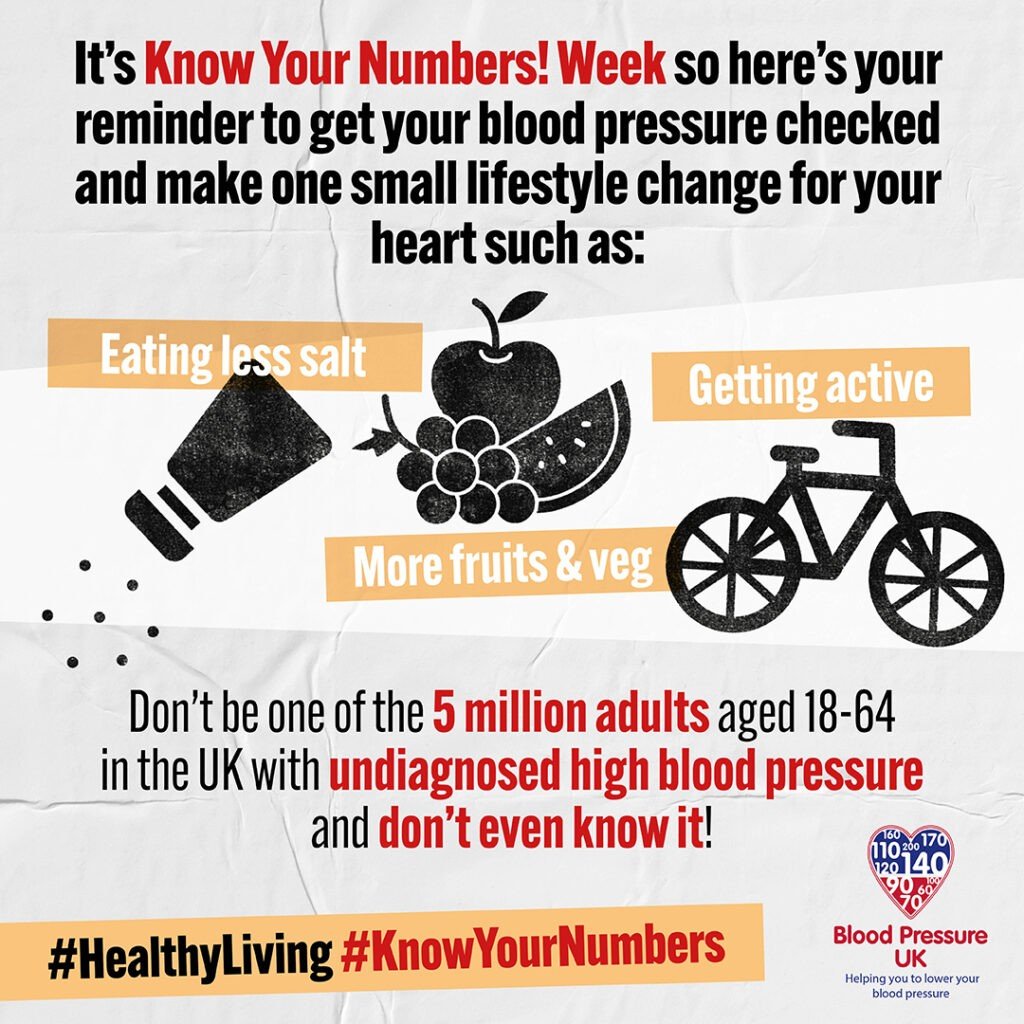
In the UK, the “Know Your Numbers!” campaign runs every September, aiming to raise
awareness among the general public about blood pressure, the importance of checking it and understanding what those numbers mean. The campaign was launched by Blood Pressure UK and has highlighted that millions of people across the country are still living with high blood pressure without realising it.
The campaign runs for one week from 8th–14th September and during this time a number of activities are set up to support the public. There are “Pressure Stations” in GP surgeries, pharmacies, workplaces, community centres and other public spaces. Free blood pressure checks are promoted, people are encouraged to use home monitors for self-checking, and advice is provided on lifestyle changes to reduce the risk of high blood pressure. The campaign also raises awareness through media coverage, posters and local events. For healthcare professionals, the week is an opportunity to start conversations with patients about prevention, regular monitoring and lifestyle changes. This can be during consultations, clinics and through visible promotion such as posters in GP surgeries and health centres.
The message from the campaign is clear: you cannot manage what you do not know or
understand. By offering free checks and raising awareness, the campaign empowers people to take control of their own health. For many, it is the first step in understanding what their blood pressure numbers mean and how small changes, whether through lifestyle advice or treatment, can make a big difference. For healthcare professionals, it provides a valuable opportunity to engage patients in conversations about prevention and to encourage regular monitoring, not just during the campaign week but as part of everyday life.
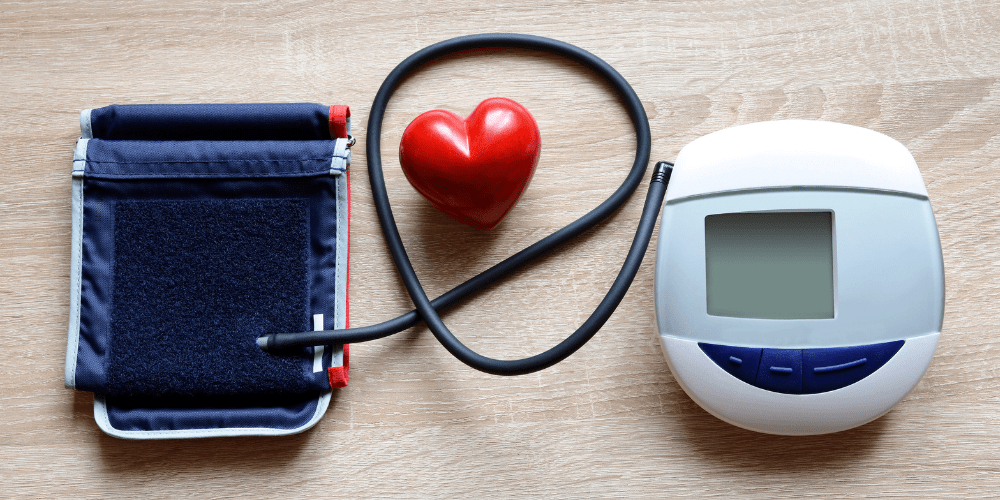
Primary care plays a central role in tackling high blood pressure. GPs, nurses and wider
healthcare teams are often the first to identify raised readings, whether during routine
appointments, health checks or consultations for other conditions. These opportunities to spot hypertension early are invaluable, as many people will not notice any problems themselves until complications occur. Once identified, healthcare professionals can offer clear advice on lifestyle changes such as diet, exercise, weight management and reducing alcohol or salt intake, alongside decisions about when and what medication is needed.
Regular monitoring is another key part of managing blood pressure in primary care. Follow-up checks, whether in surgery or at home, allow progress to be tracked and treatment to be adjusted when necessary. This support helps patients understand that blood pressure management is not a one-off intervention, but a long-term part of protecting their health. Primary care also provides reassurance, answering questions and helping patients to make sense of their numbers in a way that feels achievable.
By identifying risk early, supporting self-monitoring and guiding treatment, primary care has the ability to prevent many of the complications linked with uncontrolled hypertension. Every check, every conversation and every piece of advice has the potential to change outcomes, reduce hospital admissions and protect patients from avoidable illness.
Home monitoring gives people the chance to check their numbers outside of a clinic setting. It makes blood pressure part of everyday life rather than something only checked occasionally at appointments. Alongside clear guidance on what the numbers mean and when to seek help, this approach helps patients feel more confident and in control. It also takes pressure off primary care and the wider NHS by reducing visits, freeing up appointments for other cases and for people who need more direct support.
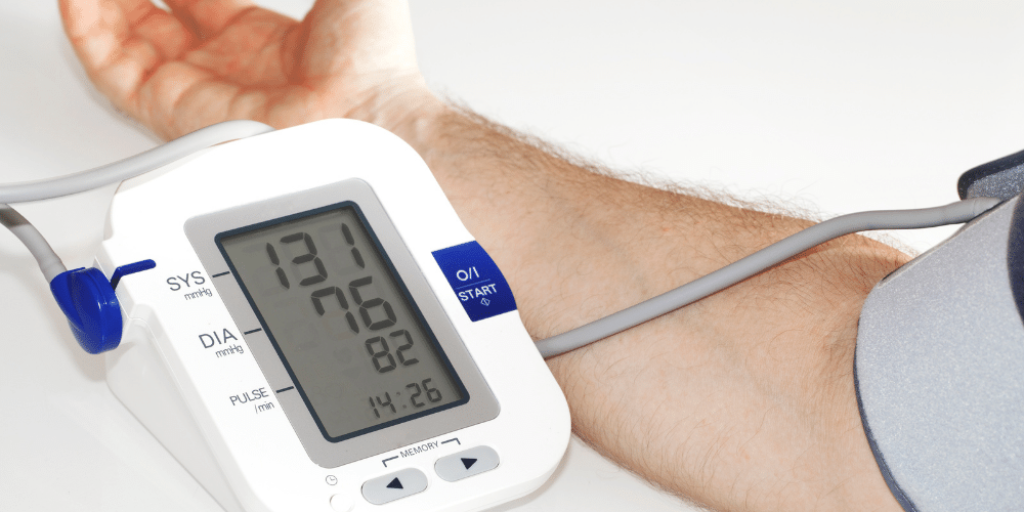
Alongside the events set up by the campaign, primary care services and home care,
pharmacies also play an important role in helping to find the “missing millions” of people living with undiagnosed high blood pressure. The NHS Community Pharmacy Hypertension Case-Finding Service was introduced to offer convenient blood pressure checks to adults, often without the need for an appointment. This means more opportunities for people to have their blood pressure checked in their local community, with advice or referral to a GP if needed. By making checks more accessible, pharmacies support the wider aim while also helping to keep pressures off NHS admissions.
To deliver this service effectively, pharmacy teams need the right skills and confidence. Health Academy provides training through our NHS Community Pharmacy Hypertension Case-Finding Service course, which equips staff to carry out blood pressure checks safely, offer lifestyle advice, and know when referral is required. Upskilling pharmacy teams in this way ensures the service is consistent, safe and able to make a real difference in reducing the burden of high blood pressure across the UK.
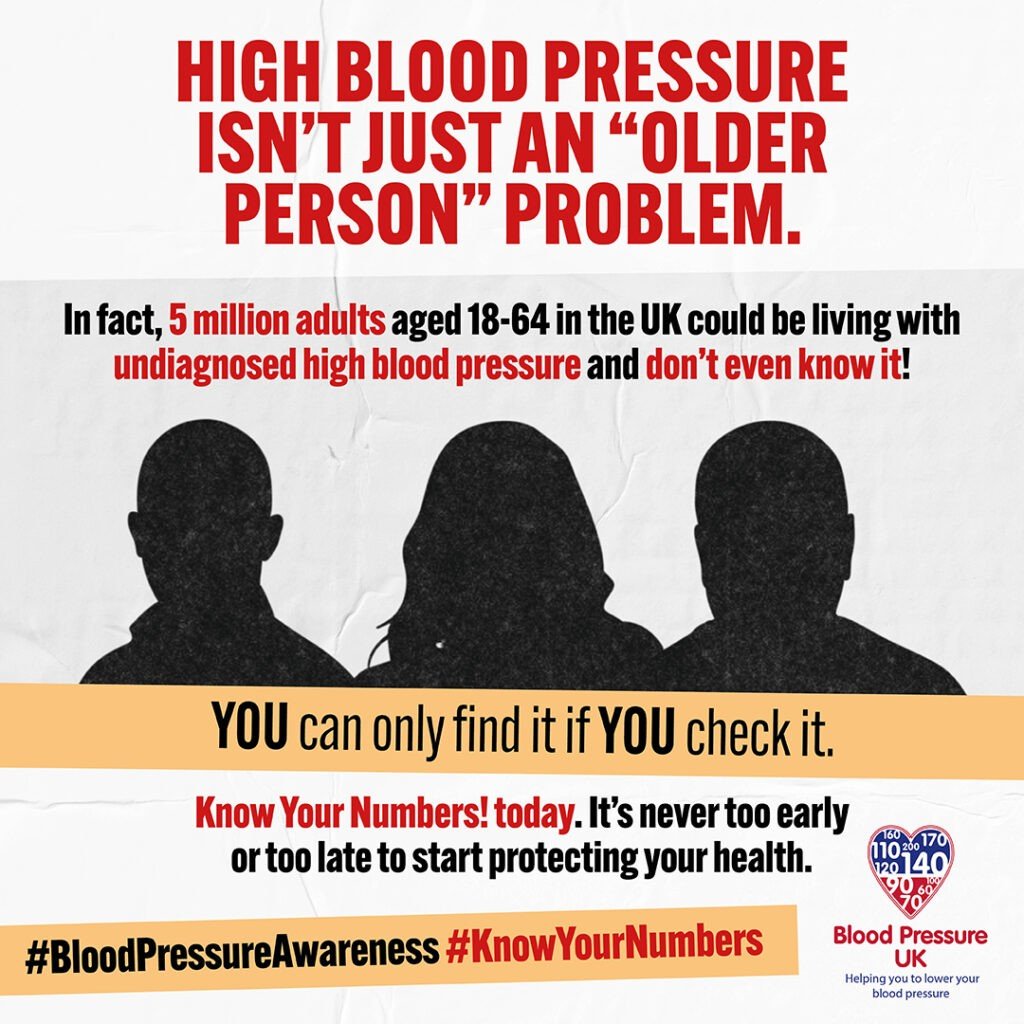
High blood pressure remains one of the biggest preventable health challenges in the UK. With so many people living with hypertension without knowing it, the importance of awareness and routine checks cannot be overstated. The “Know Your Numbers!” campaign plays a vital role in reminding the public, year after year, that understanding their blood pressure is one of the simplest and most effective ways to protect long-term health.
Primary care continues to be central in identifying risk early, offering monitoring and supporting patients with advice or treatment to prevent complications. Encouraging patients to take control at home with their own checks further strengthens this effort, helping to build confidence while easing pressure on busy services. Pharmacies also provide another route to early detection, making checks more accessible and giving people more opportunities to understand their numbers. With the right training, such as the Health Academy Online course, pharmacy teams can deliver this service safely and effectively.
Together these efforts highlight that preventing strokes, heart attacks and other complications starts with something simple: knowing your blood pressure. Awareness, early action and accessible services can save lives, reduce admissions and protect NHS care.
Giving you written and video content to answer all your questions on primary care education from Phlebotomy to Travel Health.
Subscribe now to be kept updated with our latest posts and insights.